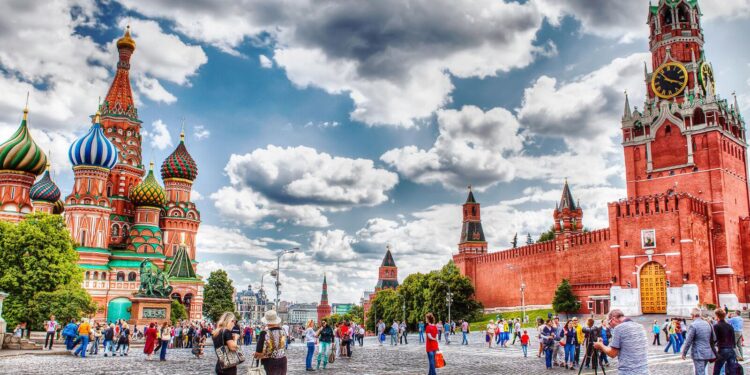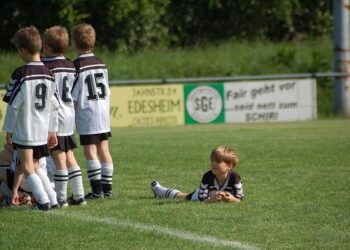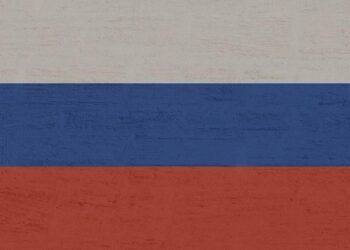Russia’s Diplomatic Turn: A New Era in the Ukraine Crisis
In a significant turn of events regarding the ongoing conflict between Russia and Ukraine, Russian Foreign Minister Sergey Lavrov has announced that Moscow is “open to negotiations” aimed at concluding the hostilities that have gripped the region since 2022. This statement comes amidst extended discussions and shifting geopolitical dynamics,raising hopes for a potential diplomatic resolution. As world leaders grapple with the ramifications of this war, renewed dialog brings a glimmer of hope for addressing both humanitarian and economic crises resulting from this conflict. This article explores Lavrov’s remarks, their implications for future negotiations, and the broader context surrounding the Russia-Ukraine war.
Assessing Russia’s Willingness for Peace dialogue
Recently, Sergey Lavrov articulated a significant shift in Moscow‚Äôs strategy towards resolving its conflict with Ukraine. He emphasized Russia‚Äôs readiness to engage in peace talks‚ÄĒa stark contrast to previous positions that favored military solutions over diplomatic efforts. This change raises several crucial points suggesting a possible thaw in relations between both nations:
- Commitment to Diplomacy: Lavrov’s statements indicate an intention to re-establish diplomatic channels,diverging sharply from earlier tactics focused exclusively on military action.
- International Pressure: Growing demands from global entities advocating for ceasefires and peaceful resolutions may be influencing Russian strategies.
- Internal Dynamics: Increasing economic challenges and public dissent within Russia could be prompting leaders to genuinely consider peace negotiations.
The situation remains fluid as expectations rise that any upcoming discussions might address issues such as territorial disputes, security guarantees, and humanitarian concerns impacting civilians. The table below outlines key areas anticipated for negotiation:
| Main Focus Areas | Description |
|---|---|
| Territorial Issues | Delineation discussions concerning disputed regions within Eastern Ukraine. |
Evaluating Lavrov’s Strategic Positioning Amidst Ongoing Tensions
The recent comments by Lavrov suggest Moscow’s potential willingness to enter into talks regarding its ongoing conflict with Ukraine amid rising global tensions. His statements seem crafted not only as responses to international scrutiny but also as attempts to reshape perceptions of Russia‚Äôs role in this crisis. While expressing openness towards dialogue, he reiterated firm stances concerning territorial integrity and security assurances for Russian-speaking populations within Ukraine.
An analysis indicates these remarks are strategically designed by Lavrov as he navigates possibilities for diplomatic breakthroughs while considering escalating economic pressures facing his nation.Key aspects of his positioning include:
- A Desire for Dialogue: emphasizing Moscow’s willingness serves as a strategic countermeasure against Western sanctions.
- Sovereignty Assertion: Reinforcing narratives around protecting national interests alongside rights of ethnic russians living in Ukraine.
- Cultivating Alliances:</strong Seeking support from allied nations while attempting to weaken Western backing for Ukraine.
| Tactical Considerations | Plausible Outcomes | ||||||||||
|---|---|---|---|---|---|---|---|---|---|---|---|
| Diplomatic Engagement Expansion | Potential sanction relief | ||||||||||
| Sovereignty Focus | A boost in domestic support | ||||||||||
| Eliciting global Reactions | An assessment of international alliances | Approaches For Global Stakeholders To Foster DialogueThe recent announcements by Sergey Lavrov about Russia’s openness toward negotiation present an possibility where global stakeholders should take proactive steps aimed at encouraging constructive dialogue. this involves effectively utilizing diplomatic channels while creating an environment conducive to meaningful conversations. Suggested strategies include:
|
















